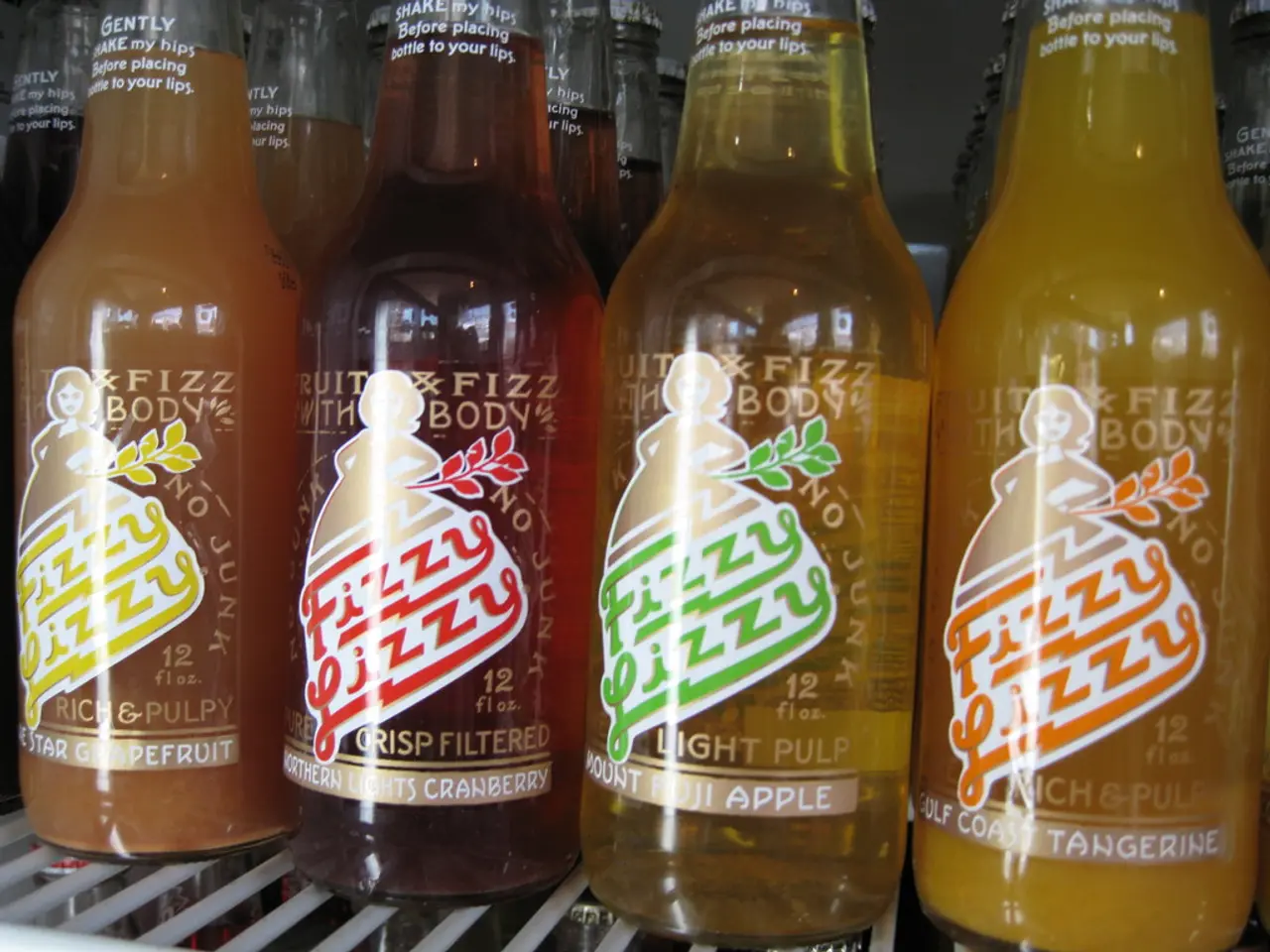Energy Drink Connection and Mental Health Problems in Kids Unveiled
In recent years, concerns have been raised about the marketing and sale of energy drinks to minors. As parents, educators, and health experts, it is crucial that we understand the potential negative impacts of energy drink consumption on the mental health of children.
Studies have linked energy drink consumption with an increased risk of serious mental health issues such as anxiety and depression in young people. This may be due to sleep disruption from caffeine and stimulants, which play a key role in mental health deterioration like mood swings, irritability, and cognitive impairment in children.
Excessive caffeine consumption can result in restlessness, irritability, and difficulty concentrating in children. Adolescents who consume energy drinks regularly may be more likely to experience symptoms of anxiety, depression, and stress. In rare cases, excessive consumption has been linked to acute mania, seizures, strokes, and sudden cardiac arrest, which are severe consequences impacting mental and neurological function.
Energy drinks typically contain high levels of caffeine, sugar, and other stimulants. These ingredients can disrupt sleep patterns, leading to insomnia or poor-quality sleep in children. Caffeine stimulates the central nervous system, which can increase heart rate, blood pressure, and anxiety levels in children.
In addition, artificial sweeteners commonly found in sugar-free variants have been associated with early puberty and may have additional unknown neurobehavioral effects. Another study links energy drink consumption in adolescents to a higher risk of developing problematic behavior, such as aggression and attention problems.
The energy drink industry should provide clearer labeling and warnings about the potential risks associated with their products. Parents should limit access to energy drinks and monitor their children's consumption of caffeinated beverages. Educators and healthcare professionals should also contribute to educating children about the potential dangers of energy drinks.
Encouraging the consumption of water, milk, and natural fruit juices can help reduce the reliance on energy drinks for children. Adequate sleep is essential for children's cognitive development and emotional well-being. Thus, it is important to ensure that children get enough rest and consume healthier beverage options.
In conclusion, the combined effect of caffeine, stimulants, sugar, and additives in energy drinks poses significant risks to the developing brains and mental health of children and teenagers. Health experts recommend limiting or avoiding these drinks in youth to prevent these potentially harmful outcomes. The potential risks to children's mental health from energy drink consumption cannot be ignored.
Energy drinks pose a significant threat to children's mental health due to their high caffeine content, as excessive consumption can lead to anxiety, depression, and symptoms of stress. Sleep disruption from these stimulants can cause mood swings, irritability, and cognitive impairment. Moreover, sleeplessness negatively impacts cognitive development and emotional well-being in children. Therefore, to ensure their mental health and overall well-being, children should be limited from consuming energy drinks and encouraged to opt for healthier beverages like water, milk, or natural fruit juices, which also support adequate sleep.




